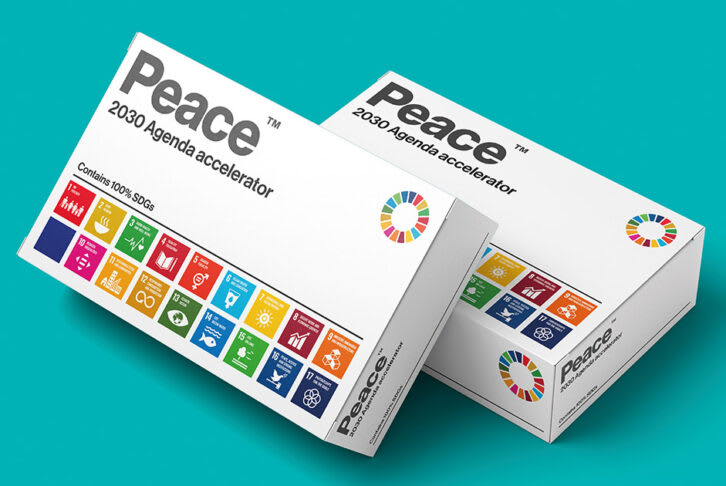Peace Perceptions Poll 2018
Through the Peace Perceptions Poll, we asked more than 100,000 people in 15 countries – from those in active conflicts to those in relative peace – about their views on peace and conflict.
The poll was an attempt to find out how people experience and respond to violence where they live, what contributes to more peaceful and secure societies, and how they think their government should respond to conflict.
It comes at a time when conflict is on the rise, leaving millions displaced, killed and injured. A time of increasing tension between great powers, the erosion of international norms and with the cost of conflict spiralling out of control.
Within this context the findings showed a clear public appetite for an approach to violence that moves beyond crisis response towards long-term conflict prevention, commonly termed ‘peacebuilding’. This approach seeks to deal with the underlying drivers of conflict while building societies’ capacity to deal with conflict peacefully.
Led by International Alert and the British Council, in partnership with global polling agency RIWI, the poll aimed to help political leaders and senior policy-makers better understand the views, hopes and aspirations of their constituencies when it comes to pursuing sustainable solutions to today’s leading security challenges, whether that is terrorism, migration or internal conflicts.
Watch video
Approaches to tackling violent conflict
In 2020, we decided to take a more detailed look at three approaches to tackling violent conflict that respondents highlighted during the poll, to better understand the role they can play in supporting peace: humanitarian development, peace education and social media.
Below, you can read more about our latest research on these subjects.
With the coronavirus disease (COVID-19) having a profound impact on peace and conflict around the world, the need for peacebuilding is more pressing than ever. Not least because the presence of conflict is making it more difficult for emergency responders to tackle the pandemic and reach those most in need.

Peace education in formal schools
This report argues that there is a strong case for advancing the understanding and practice of peace education in formal schools and that schools can play a crucial role in furthering the aims of peace. After all, formal schools not only provide knowledge and skills, but also shape social and cultural values, norms and attitudes.

Realising the potential of social media as a tool for building peace
This paper offers reflections on how social media can be more effectively harnessed for building peace, drawing on perspectives from interviews with peacebuilders in Lebanon, Nigeria and the Philippines, and survey responses.

Peace is the cure
In this briefing, we argue that, if a leveraged focus on Sustainable Development Goal 16 (commitment to ‘peaceful, just and inclusive societies’) was necessary before COVID-19, it is imperative now. Not just in salvaging the 2030 Agenda in the places where it matters most, but also in damping down the potential for far greater and more durable violent conflict.






